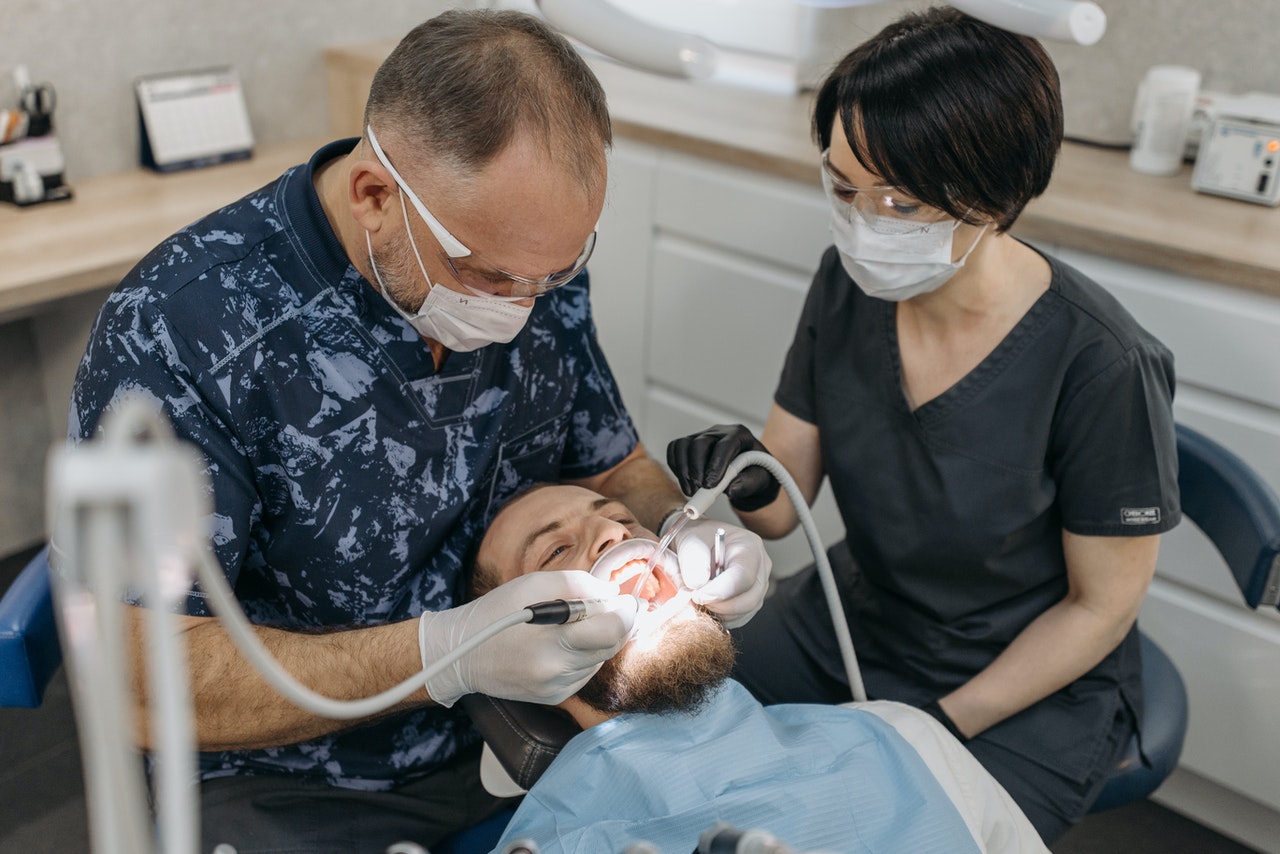An investigation by the BBC Shared Data Unit reveals the number of NHS dentists in Gwent dropped by eight per cent from 2019/20 to 2020/21.
Data from England and Wales shows more than 2,500 dental posts were lost across both countries – made up of more than 1,000 dentists, some of whom worked in multiple areas.
In the Aneurin Bevan University Health Board area (Gwent and South Powys) there were 320 NHS dentists in 2019/20 and this dropped to 295 in 2020/21.
In Wales, 6% of NHS dental posts were lost, with 83 fewer dentists working across health boards than the year before. The worst-affected area in Wales was the Swansea Bay University Health Board, which had 22% fewer NHS dentists compared to the year before.
Until last year, NHS dentists in England and Wales had been using the units of dental activity (UDA) system. UDAs are used to measure a practice’s activity. Courses of treatment – for example, a check up or a filling, are banded into UDAs.
Practices are set targets of UDAs to achieve, and if that target is missed, the contract holder and the practice can be forced to pay back money – known as ‘claw back’.
Critics have claimed the UDA system does not incentivise preventative work, and is a key reason for dentists leaving the health service. Wales has moved away from the UDA system, but the system is still in place in England.
The British Dental Association has predicted the number of NHS dentists in Wales will increase in the coming years and has called on England to reform the dental contract.
NHS Dental contracts in England and Wales
Dentists can decide whether to take on NHS work, private work or a mix of the two. Practices receive funding from the NHS to take on NHS work under the NHS Dental Contract.
The 2006 NHS Contract introduced a system of Units of Dental Activity (UDAs) to England and Wales. UDAs are used to measure a practice’s activity. Courses of treatment – for example, a check up or a filling, are banded into UDAs. Practices are set targets of UDAs to achieve, and if that target is missed, the contract holder and the practice can be forced to pay back money – known as ‘claw back’.
During the pandemic, the NHS has reduced the target percentage for UDAs, acknowledging that dentists cannot physically see the same amount of patients as before due to social distancing and hygiene restrictions.
The British Dental Association is now concerned that this reduced target could be increased before dentists are back to full capacity – leaving hundreds of practices facing claw back costs. The UDA system is controversial with dentists, who claim it disincentivises preventative care.
Another criticism is the amount of work that goes into completing UDAs. The British Dental Association pointed out that treating a patient for one filling will fulfil the same amount of UDAs as treating the same patients for 12 fillings, despite the extra work and time involved.
Wales and the UDA system
Wales has turned away from the UDA system. This change is yet to be reflected in the data, but the British Dental Association has predicted that dentists will feel more encouraged to undertake NHS work in Wales because of the change.
Shawn Charlwood, chair of the British Dental Association’s general dental practice committee, said: “They’ve (Wales) moved away from the UDA system in quite an imaginative and courageous way. That is something we would really like to see in England. I think, as a result of that renewed energy and commitment from the government in Wales that NHS dentists have looked at that and thought ‘we will stay with the NHS system’.
“I think you will see an improvement in the figures in Wales. And I think you will see a renewed commitment to NHS dentistry because that’s the leadership that’s been shown – in moving to a different system of assessing patients and trying to identify those patients that need the most care and being able to deliver it.”
A Welsh Government spokesperson said: “We are committed to meeting the needs of NHS dentistry patients in Wales through preventive care and increased access, supported by contract reform. This will see a gradual move away from using Units of Dental Activity targets.
“While the pandemic has paused some of this work, we will continue to support practices during the recovery period as focus is placed on increasing access to those most at risk.
“As Covid-19 is still in circulation, public health measures such as physical distancing, enhanced PPE, and infection control requirements mean fewer patients can be seen in person and practices have been asked to treat people according to need.
“We are providing health boards with £3m in 2021-22 to boost access to NHS dental services, and £2m recurrently from 2022-23 to support increased provision.”
Photo credit
Photo by Pavel Danilyuk from Pexels

